Aline Eid, Ph.D.
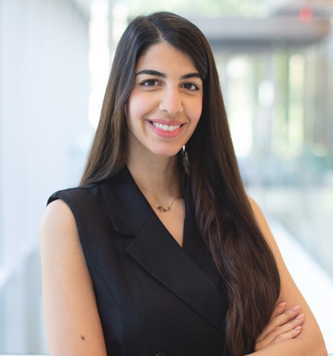
Dr. Aline Eid is an Assistant Professor with the Department of Electrical Engineering and Computer Science at the University of Michigan Ann Arbor. Prior to that, she was a Postdoctoral Associate at the MIT Media Lab. She received her Master’s degree in Electrical and Computer Engineering from the American University of Beirut, Lebanon, in 2017, and the Ph.D. degree in Electrical and Computer Engineering from the Georgia Institute of Technology, USA, in 2021. In 2020, she did a six-month internship with the Google wearable/AR/VR and advanced technology & projects (ATAP) groups. Aline is an inventor of 7 patents, recipient of more than 20 awards, fellowships and grants, and author/coauthor of more than 60 conference papers and journal articles and book chapters. Her vision is to build a responsive and sustainable infrastructure through the development of innovative wireless systems. Her research interests are in mm-wave wireless power transfer, ultra-low power communications, and wireless sensing.
Vineet Kamat, Ph.D., F.ASCE
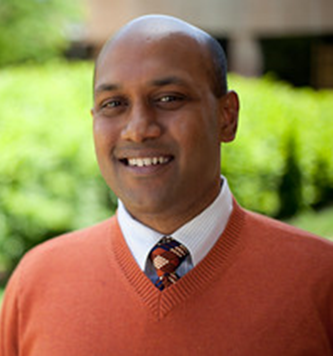
Dr. Vineet Kamat is the Director of Graduate Degree Programs at the University of Michigan College of Engineering. He is the John L. Tishman Family Professor of Construction Management and Sustainability, Professor of Civil and Environmental Engineering, and (by courtesy) Professor of Electrical Engineering and Computer Science. As Director of Graduate Degree Programs, Dr. Kamat is responsible for supervising, coordinating, and assessing outcomes of programming, support, and activities related to graduate education in the College of Engineering (CoE) to ensure the College delivers preeminent graduate educational experiences. This includes working closely with graduate degree programs in the CoE, the CoE Office of Student Affairs, and staff members in the office of the ADGPE to assess graduate degree programs and programming associated with graduate education for faculty, staff, and students. Dr. Kamat received his Ph.D. in Civil Engineering from Virginia Polytechnic Institute and State University. He is the Director of the UM Laboratory for Interactive Visualization in Engineering (LIVE). His research interests are in exploring automation and robotics to improve work processes in the construction, operation, and maintenance of civil infrastructure and the built environment. Discoveries from his research have been awarded four US patents and have resulted in multiple licensable technologies that include visualization, perception, and modeling techniques to enable autonomous decision making for on-site construction robots. His research is currently funded by multiple grants from the US National Science Foundation.
Stanley A. Materka, D.O., FACEP
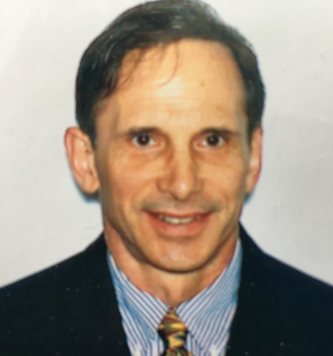
Dr. Materka is a Clinical Assistant Professor with Michigan State University College of Osteopathic Medicine and currently practices Emergency Medicine at McLaren Macomb Hospital. After completing his Environmental Sciences Engineering degree at the University of Michigan, he did graduate study at Wayne State University in Physiology and Biochemistry. He graduated from Medical School at Michigan State University, and then completed further post-graduate training in the specialty of Emergency Medicine. He is board certified by the American Board of Emergency Medicine and a Fellow of the American College of Emergency Physicians. Stanley has worked at level 1 Trauma Centers, as well as rural critical access hospitals in the Upper Peninsula of Michigan. He has been active in teaching medical students and residents and has served as a course director for Advanced Cardiovascular Life Support. He has also taught Advanced Pediatric Life Support at Michigan State University. Dr. Materka was active in the initial clinical applications of thrombolytic therapy for acute myocardial infarction and acute ischemic stroke and participated clinically in the investigative trials. Current interests include Medical Legal Medicine and understanding the root causes of atherosclerosis, insulin resistance and cellular aging.
James Moon, Ph.D.
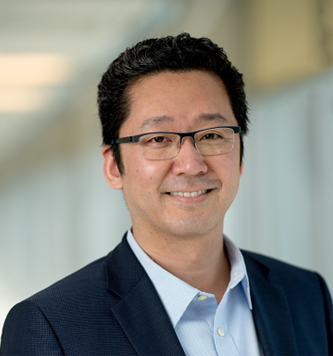
Dr. Moon received his bachelor’s degree from the University of California, Berkeley, and his Ph.D. from Rice University, and he completed his postdoctoral training at MIT. Dr. Moon has published over 100 research articles, including those published in Nature Materials, Nature Medicine, Nature Nanotechnology, Nature Biomedical Engineering, Nature Reviews Materials, and Science Translational Medicine. He has 20 pending/approved U.S. and international patent applications, and his novel nano-vaccine delivery technologies have led to 3 new start-up companies. Dr. Moon contribution to the field has been recognized with numerous awards, including AAPS Emerging Leader Award, NSF CAREER Award, and DOD-CDMRP Career Development Award.
Michael Nanthavongsa
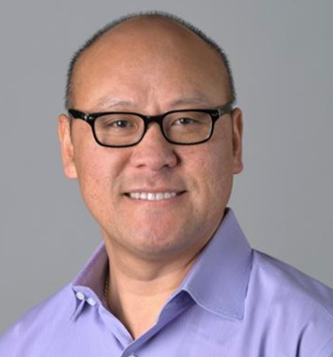
Michael Nanthavongsa is a transformational servant leader who drives performance, acts decisively, works collaboratively and thinks strategically. With 20+ years building transformation roadmaps/strategy utilizing data and visualization, agile/scrum, lean six sigma and continuous improvement methodologies to redesign business models and optimize end-to-end business processes across the enterprise leveraging RPA/OCR/AI/ML digital technologies. Collaborating, challenging and encouraging cross-functional teams to solve complex problems while reducing costs, driving loyalty and growth are my passion. Excels at taking business requirements, identifying use cases and turning into technical solutions by leading and aligning people, processes, equipment and digital technologies across Sales, IT, operations, supply chain and corporate shared services. Gains insight from data analytics to deliver value and results to customers (internal & external) and other stakeholders efficiently and effectively.
Philip Roe, Ph.D.
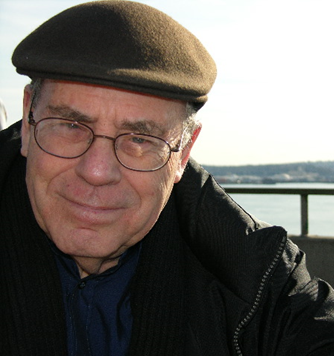
Dr. Philip Roe was born in England in 1938 and educated at Cambridge University. From 1962 to 1984 he worked at what was then called the Royal Aircraft Establishment (UK version of NASA) initially on foundations for hypersonic vehicle design but changing to Computational Fluid dynamics around 1974, publishing the Roe Riemann solver in 1981. He entered academia in 1984 at Cranfield institute of Technology, frequently spending his summers at NASA Langley. He joined the University of Michigan in 1990 and retired in 2021. He has been a visiting Professor in France, Germany, Italy and India. He was awarded the AIAA Fluid Dynamics Award in 2015. Recently he has worked on new-generation methods for CFD.
